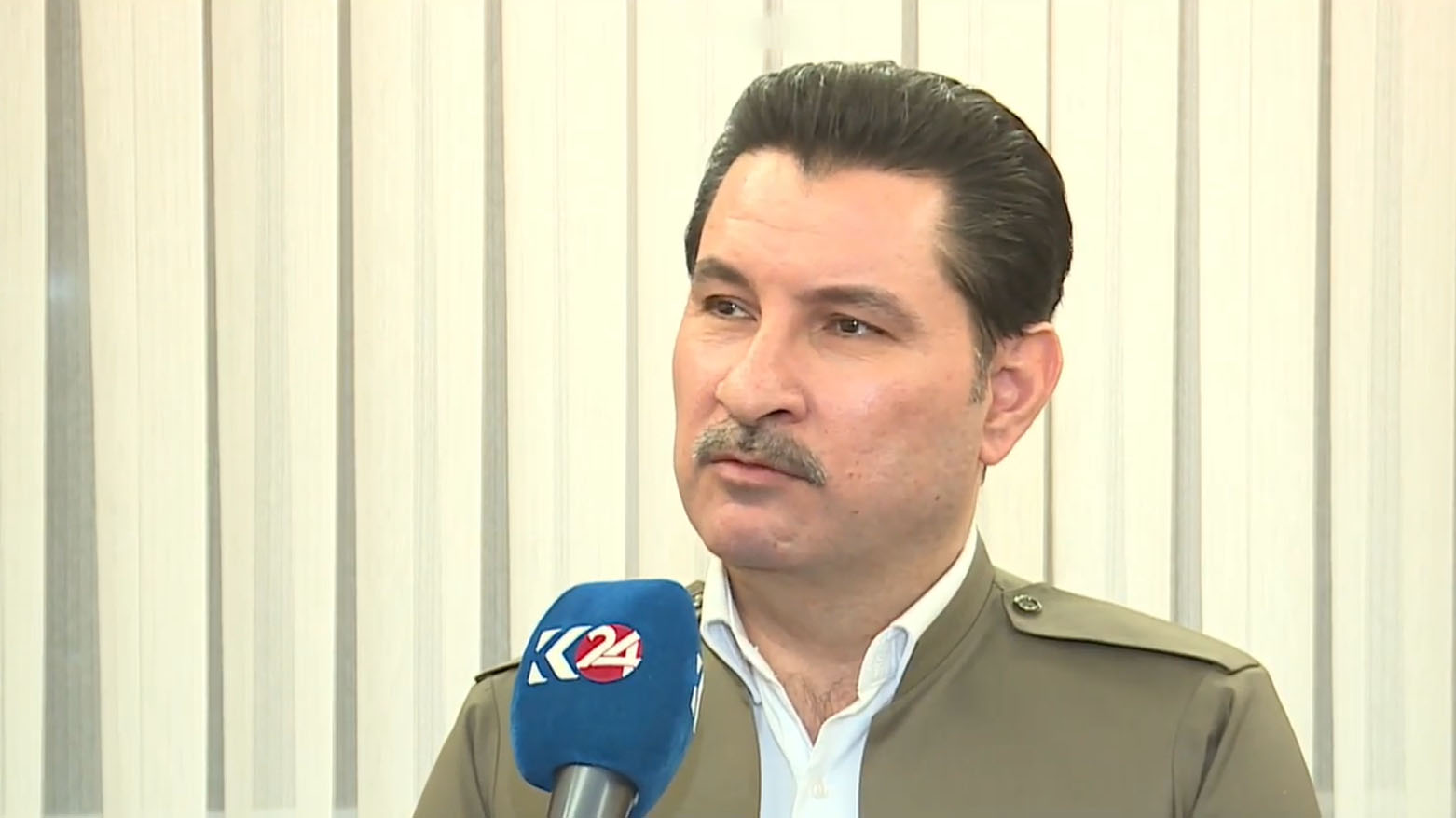Iraqi Parliament Deputy Speaker Calls for Comprehensive Reform of Iraq’s Electoral Law
Abdullah warns Kirkuk Kurds were deprived of votes due to Arabization-era policies, as national leaders intensify calls for a fair, unified election system.

ERBIL (Kurdistan24) — Shakhawan Abdullah, Iraqi's Parliament Deputy Speaker and a senior member of the Kurdistan Democratic Party (KDP), urged the complete overhaul of Iraq’s current electoral law, arguing that it failed to deliver justice or accurately represent voters’ will.
Speaking to Kurdistan24 at the sidelines of the Middle East Peace and Security Forum (MEPS 2025) in Duhok, he warned that structural flaws in the system, combined with long-standing demographic distortions in Kirkuk, deprived Kurds of seats they would have otherwise secured.
Abdullah stressed that Iraq must adopt a new, unified electoral framework based on a single constituency for the entire Iraq, including the Kurdistan Region to ensure fairness.
“The current election law could not deliver justice. Iraq needs a new law based on a single electoral district so that justice can prevail,” he said.
He added that in Kirkuk, the KDP fell short by only a few thousand votes from winning another seat—an outcome he attributed to the lasting impact of Arabization policies that prevented a large number of displaced Kurdish residents from returning and participating in the vote.
“Because of Arabization, many Kurds could not return to Kirkuk or vote. That is why the Kurdish vote did not increase,” he said.
Abdullah reaffirmed that Kirkuk’s Kurdish community will continue to firmly defend its constitutional rights: “We assure the people of Kirkuk that we will stand as a strong advocate for their rights in Baghdad and will not allow any law that harms Kurds to pass in the Iraqi parliament.”
He further emphasized that Iraq urgently needs to establish the Federal Council, as outlined in Article 92 of the constitution, to ensure coordinated decision-making between the Kurdistan Region, the provinces, and Baghdad.
“Only through such a federal mechanism can Iraq implement an effective and constitutional system,” he said.
National Debate Over Electoral Justice Intensifies
Calls for electoral reform gained new momentum this week at MEPS 2025 in Duhok, where senior Iraqi and Kurdish leaders sharply criticized the law under which Iraq’s latest parliamentary elections were held.
President Masoud Barzani described the system as “an unjust law with many flaws,” arguing that it denied rights to many deserving candidates while benefiting others unfairly.
“We will seriously work with partners to correct this law because, in reality, it lacks any justice,” President Barzani said during the forum.
Iraqi Prime Minister Mohammed Shia’ al-Sudani, speaking in a session at the event, acknowledged Kurdish concerns and signaled readiness for reform.
He highlighted vote discrepancies affecting his own Coalition of Reconstruction and Development, which received 1,317,000 votes but won fewer seats than expected.
“We stand with President Barzani on the issue of wasted votes,” Sudani said, emphasizing the need to curb fragmentation and manipulation. He noted that parliament has the authority “to prepare a clearer proposal to establish a fair law that reflects citizens’ votes and prevents manipulation.”
The combined statements from Barzani, Sudani, and Kurdish parliamentary leaders suggest that electoral reform is poised to become a central political priority in Baghdad in the coming months, especially as disputes over Kirkuk’s representation and federal power-sharing continue to shape Iraq’s post-election landscape.